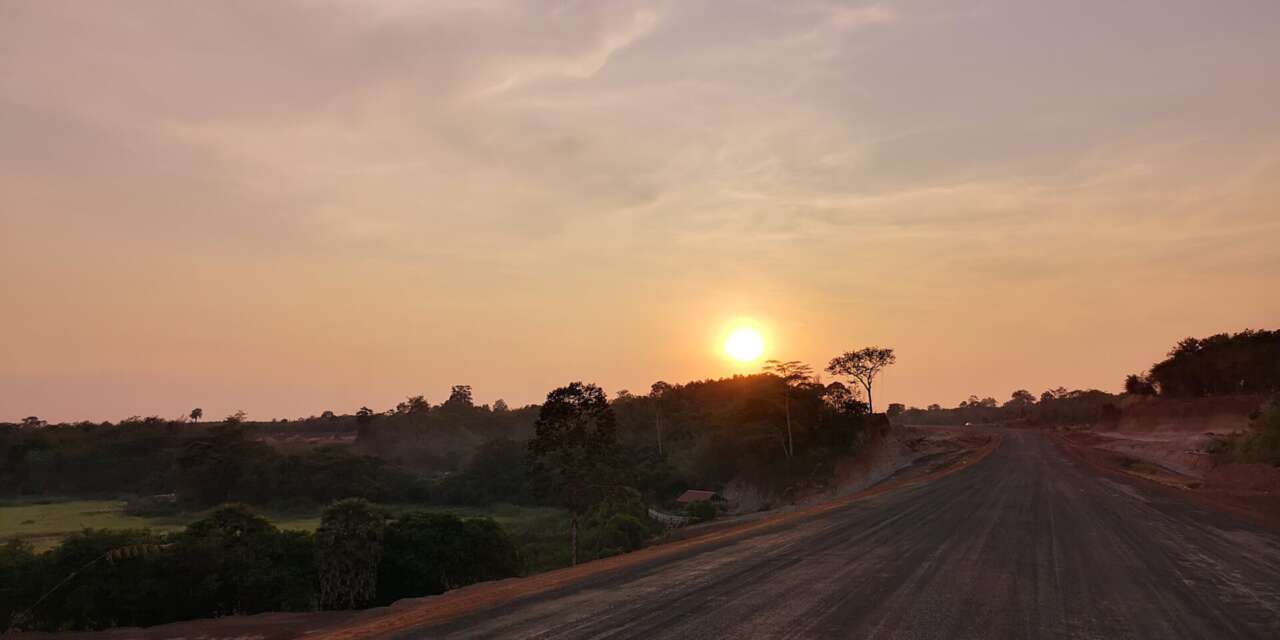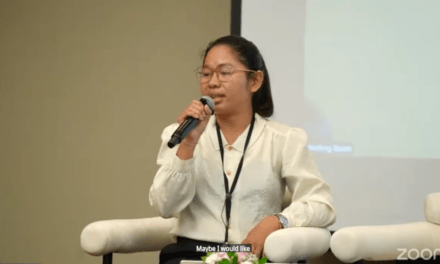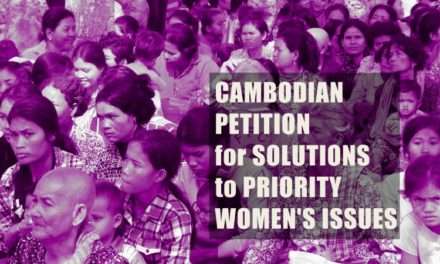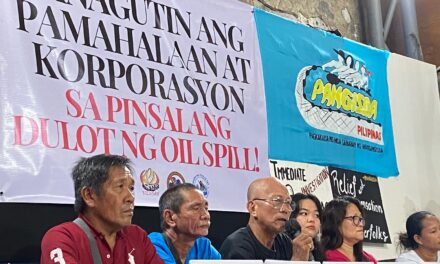2020 June 4
The only hope, or else despair
Lies in the choice of pyre of pyre—
To be redeemed from fire by fire.
—T.S. Eliot, Little Gidding
I write this approaching three months into my extended stay in Cambodia due to the ongoing disruption to flight operations caused by the COVID-19 pandemic. It has rained four times over the past quarter, a blessing for small-scale food providers—peasants, farmers, agricultural workers, artisanal fisherfolk, rural women, pastoralists, forest dwellers, and indigenous peoples—reeling from the double whammy of the coronavirus outbreak and a severe drought. In a way, the rare rain squalls made introspection and writing almost inevitable.
I am staring at my laptop screen with the mouse cursor blinking back at me. Somewhat, I feel it is mocking me and my reserved response amid the mad scramble for productivity in this time of COVID-19. I wonder where random ramblings could find place in the midst of all the babbles, in-depth analyses, think pieces, expert critiques, strategy meetings, and web seminars.
To try and make sense of the rapidly evolving COVID-19 outbreak in Cambodia, I compiled bits and pieces of information into a situationer[ii], not an attempt to present the complete picture but to capture and highlight key health, political, economic, social, and cultural impacts and issues that have prominently emerged and the systemic failings and inequalities that have become more and more evident.
My years in the activist world taught me the importance of stories and experiences and their exposition and expression—histories, lived realities, and imaginings from the roots that would inform policies, influence decision-making, transform societies, change the system, and shape the world and the future for the people, by the people. I figured the situationer could offer a glimpse into the current scenario and of the “new normal.” I felt I could contribute the most by helping unfold and popularize peoples’ perspectives and alternatives that would serve as catalysts to ignite critical reflections and concrete actions based on the realities on the ground.
As I mull over the impacts of COVID-19 and the government measures on the crisis, I also think a lot about how local communities struggle and cope in these trying times, more so, the poor and deprived neighbourhoods. Cambodia reported this week a 100-percent recovery rate of 123 confirmed COVID-19 cases, zero deaths, and only two remaining active cases. All the same, doubts remain on whether this may be largely due to the country’s low capacity to do mass testing, and nagging questions persist about the government’s actions and responses to the different dimensions of the crises, its strategies for economic relief and recovery, and the agenda for authoritarian consolidation.
I reflect on the enormity of what we are all facing and the challenge of wanting to do more, the necessity of responding quickly in a manner befitting the circumstances, but also coming to terms with our own limitations.
Some days, I walk down the dark and quiet streets of Phnom Penh to clear my mind, a habit I developed as a coping mechanism for deep and complex feelings of ineffectiveness. Today on my way back to the guesthouse that has become my humble abode for several months, I was greeted by a boy and a girl wanting to sell me green mangoes. I ponder the question of how they have been dealing with the difficult COVID-19 situation and the hardship, unpeace, and injustice it magnifies in its wake. I gave them a dollar each for the mangoes, with the hope that things get better and that they are able to continue with their education—learning, playing, enjoying life, whatever a kid should be doing—pandemic or not. Despite the cognitive dissonance, my stance against child labour, and the overwhelming thoughts of my privileged middle-class life sneering at me, I felt in that moment all reasons overrode my body.
For some reason, I feel a lot has changed and a lot also has remained the same. I feel lost with all the chaos and yet also guided with new-found hope. I feel things have been ephemeral and fleeting and also interminable and unrelenting. At times, I catch myself feeling jaded with all that is happening and yet find myself motivated by renewed energies and solidarities to move forward, however contradictory all these may sound. My Khmer brothers and sisters—fellow travellers whether under blue or grey skies—have helped me navigate and make sense of these contradictions and reconcile my own warring feelings.
Every so often, I feel not stranded far away in a foreign land but closer to home.
Back in the Philippines, the government extended the lockdown in the National Capital Region until the end of May and as we entered June earlier in the week, Metro Manila transitioned to a more “relaxed” General Community Quarantine. Yet still, there is no sense of direction and coherent plans in sight. After months of dillydallying, shillyshallying, and lollygagging, the country now has the highest COVID-19 fatality rate and lowest recovery rate in Southeast Asia. Notwithstanding all the confusion, disarray, and flub dubs—deliberate or not—it is clear that we are in this for the long haul under increasingly contested and uncertain conditions.
Nobody knows what tomorrow will offer. And sometimes during our personal and collective nadirs, at the point of greatest adversity and despair, we wonder if it will even come at all. Now, I try to love more as much as I can, whatever that means, and accept the moments of doubt and worry that are part of it. I learn to be more patient and humble. Some days I find myself not knowing what to do, just as when I stare at my laptop screen, completely blank. But only for a moment.
I choose to embrace the uncertainties within me and of the world, as I find my way home.
[i] Galileo is a Philippines Programme Officer with Focus on the Global South.
[ii] The situationer covers a period of four months from the first reported case of COVID-19 in Cambodia (from end of January to beginning of June). It provides a general overview of COVID-19 in the country, as it impacts on four broad dimensions: health, political, economic, and socio-cultural. The data and information were compiled from various sources including official government pronouncements, news reports, coronavirus resource centres, organizational statements, and notes from the field by the author. It may be accessed at: https://focusweb.org/cambodia-covid-19-situationer/










